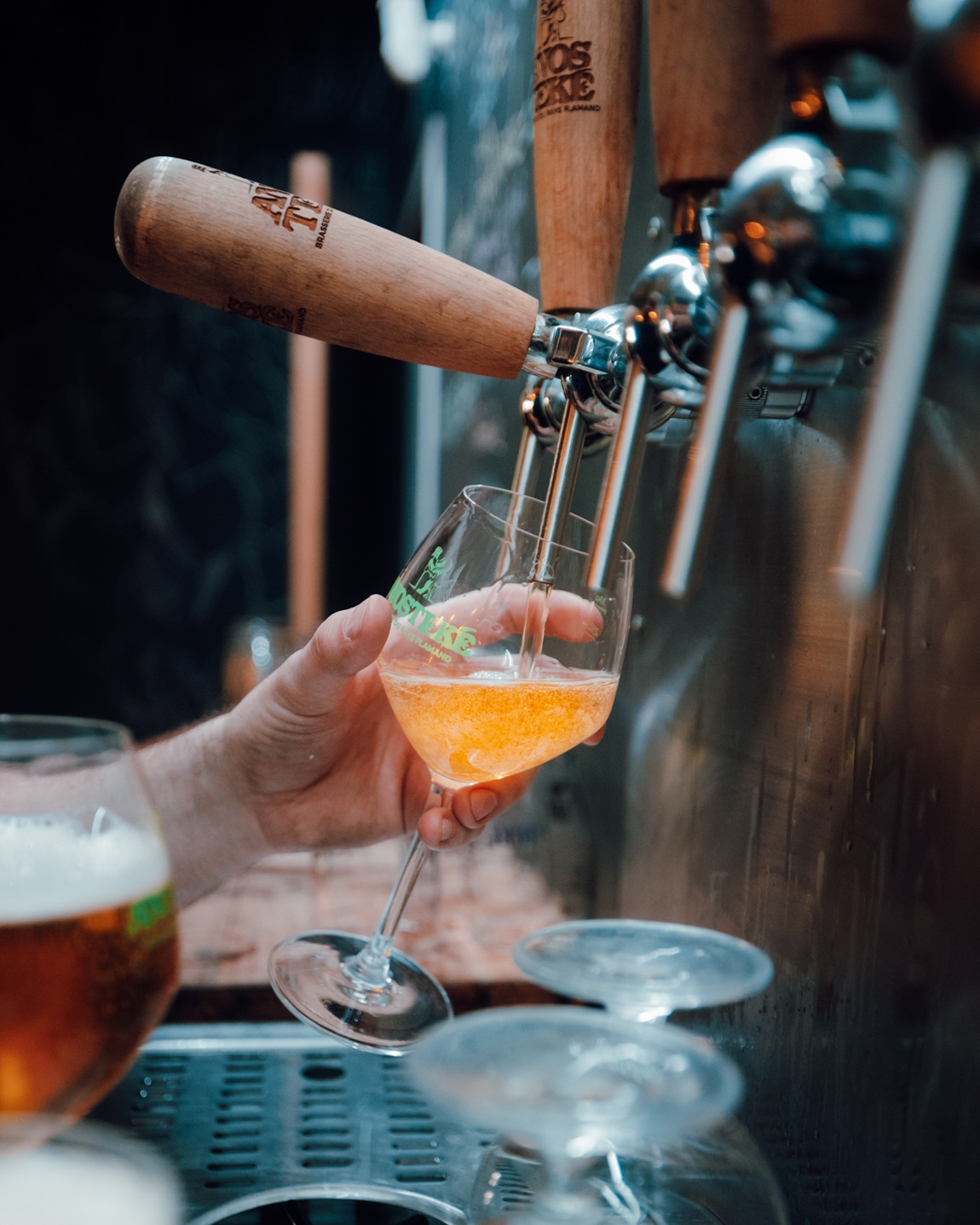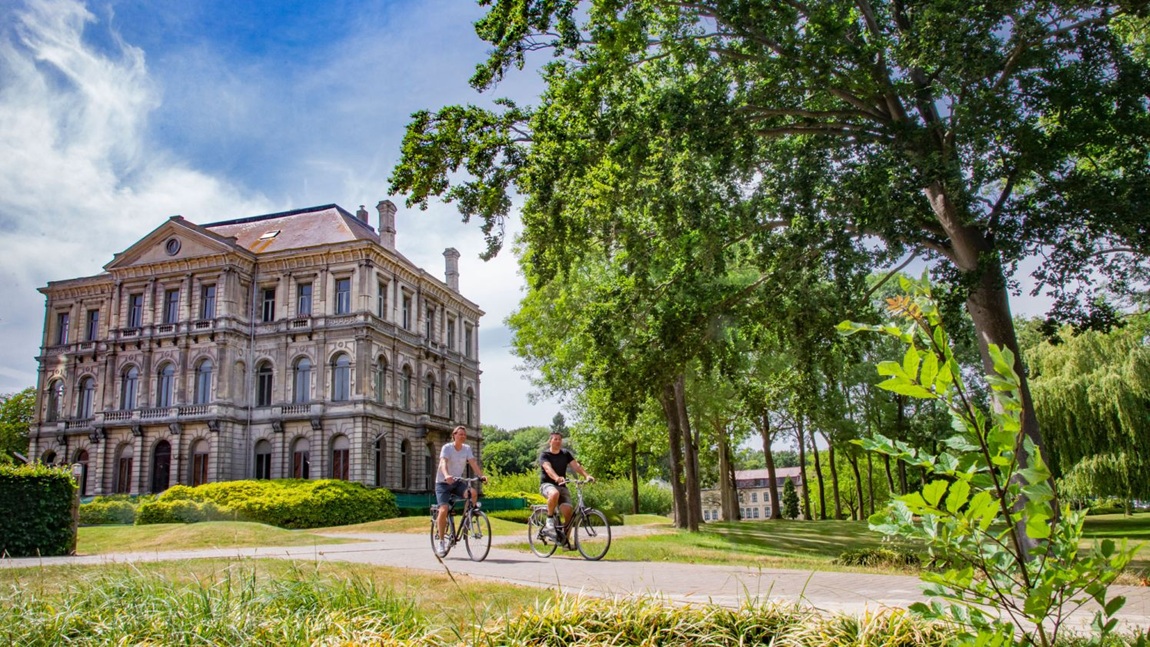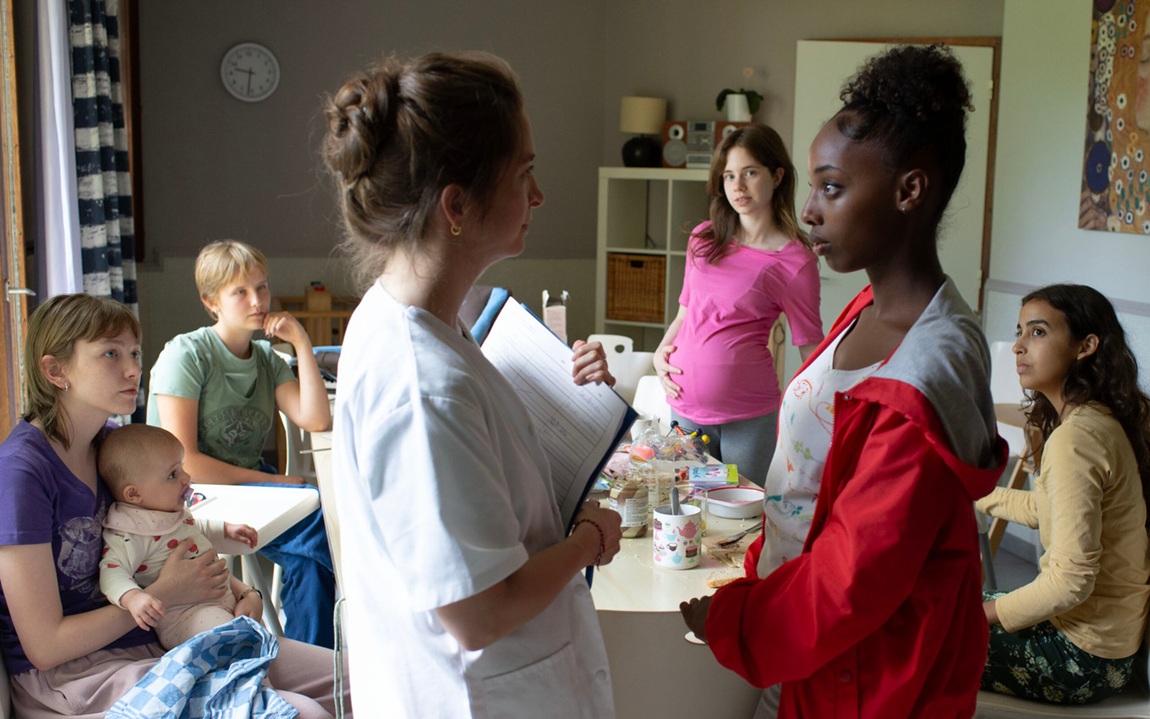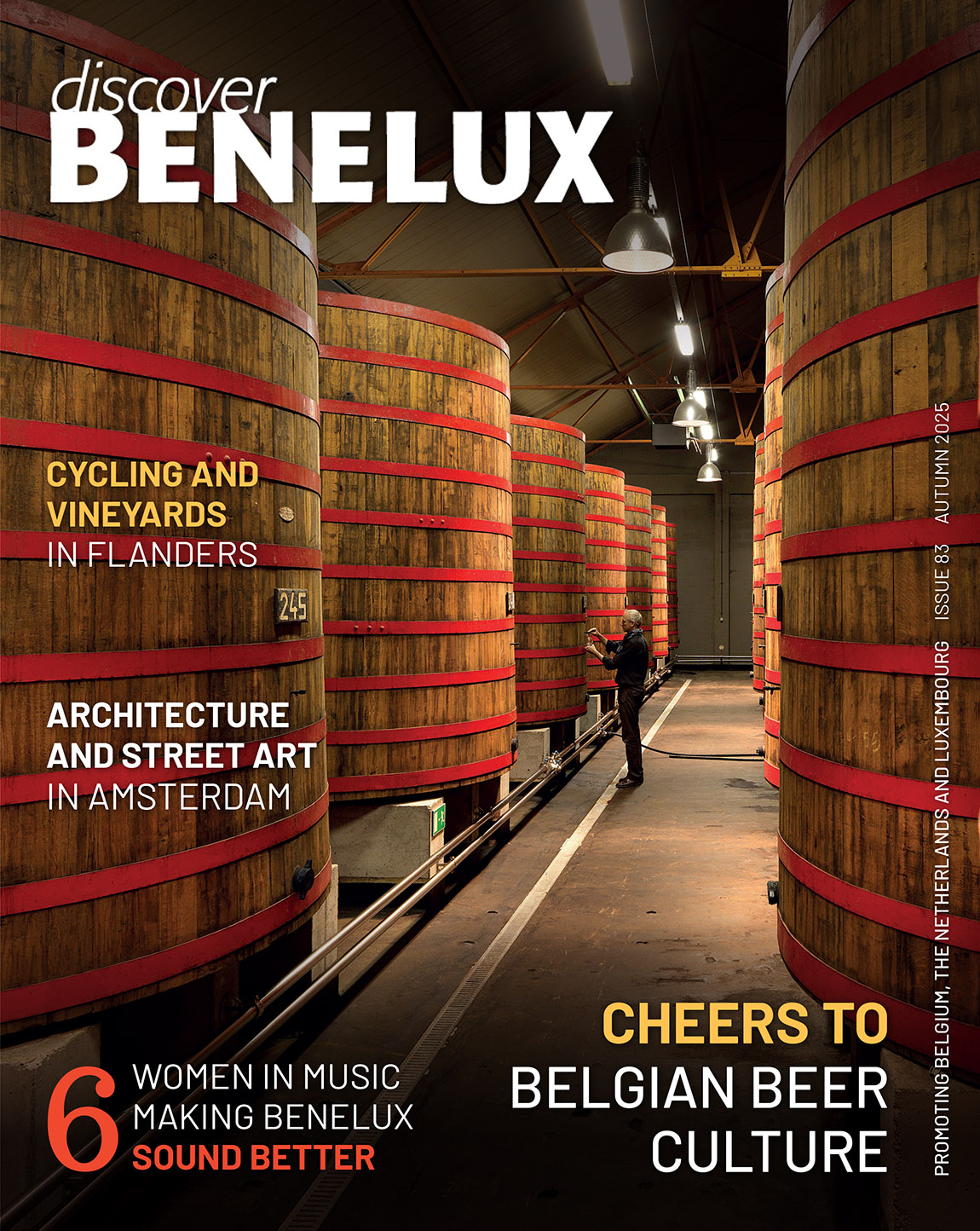Cécile de France: Acting for the best
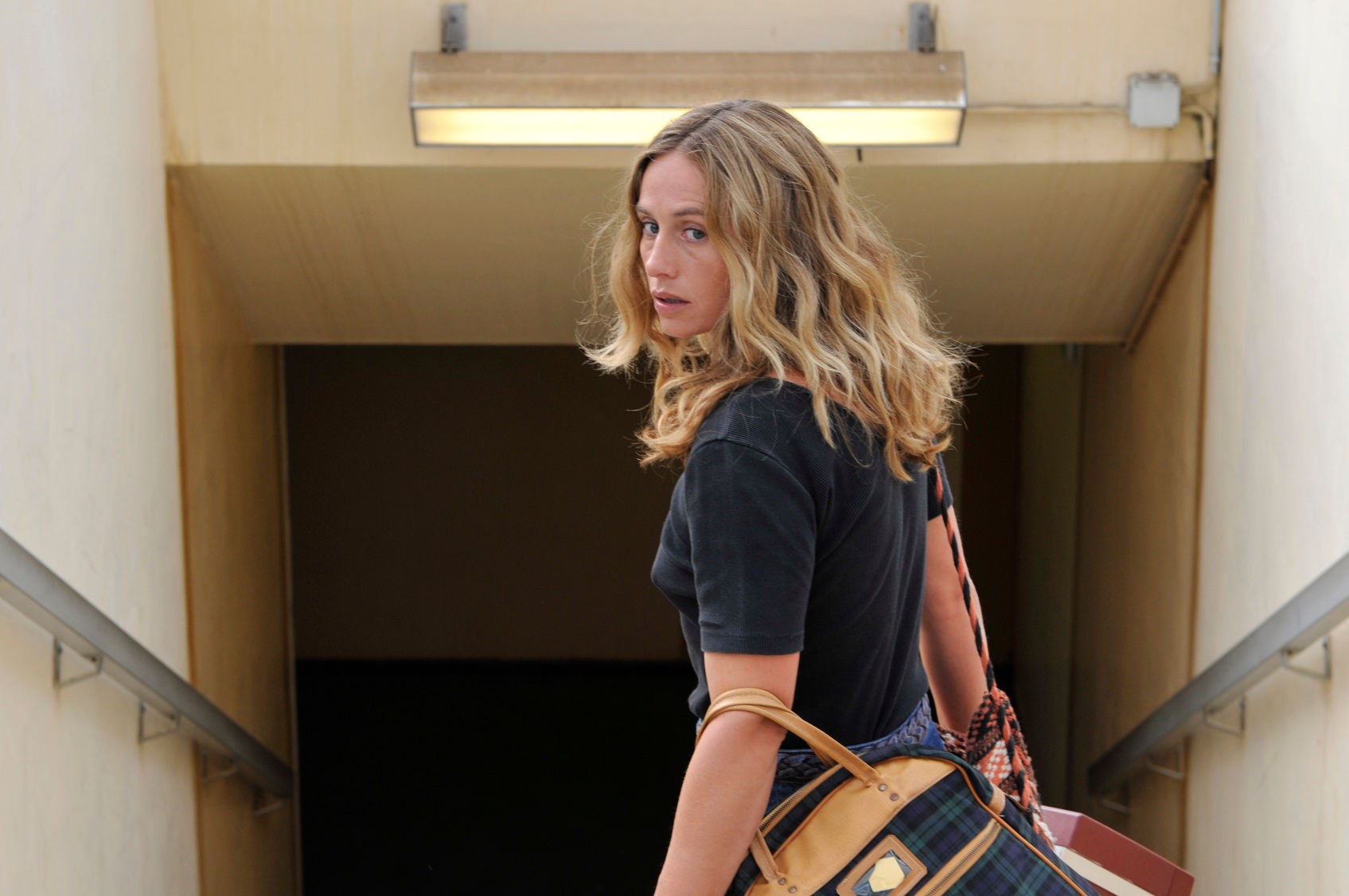
For centuries artistic Belgians have headed to Paris to hone their talents. Actress Cécile de France, born in Namur, followed the example of Brel, Simenon, Magritte et al when she was still a teenager. It paid off – she became a star, working with great directors either side of the Atlantic.
“I left to study drama in France when I was 17 years old,” she says. “I’d been in love with acting from the age of six, and went to a school where drama was important, so had appeared in a lot of amateur productions – I fell for the theatre before the cinema. My parents were passionate about it too.”
Theatrical education
At 19, after a couple of years of theatrical training with Jean-Paul Denizon, she won a coveted place to study for three years at the École Nationale Supérieure des Arts et Techniques de Théâtre in Paris and Lyon: “I’m thankful for the structured way of working that I learned at ENSATT,” she says. “I still draw on those disciplines in all my work, in building up how best to play a character, and the physical side, and practicalities like looking at costume, make-up, hair…”
Another constant in her career established while she was a student, and in the years immediately after graduation, is her keenness to take on an impressive breadth of roles and styles. Her early theatrical grounding saw De France acting in Shakespeare after a Feydeau farce, Greek tragedy succeeded by The Playboy of the Western World followed by Strindberg, “I love the variety of theatre, the energy,” she enthuses. “Every night’s performances are different, the audience reaction and the atmosphere, so every night is unique. It’s the immediacy too, the instant reaction from the audience.”
Leaving the stage behind
That diversity within the theatre was soon matched by a similar diversity in cinematic role. De France’s first French hit film L’Art (Délicat) de la Séduction was made in 2001, just three years after her studies finished, and it seems as if she has been on set pretty much ever since. She has since worked with big names in both French and American cinema, like Gérard Depardieu and director Xavier Giannoli with whom she made the romantic film When I Was a Singer (Quand J’Etais Chanteur): and Alexandre Aja whose 2003 horror movie Haute Tension won her – and him – international recognition, opening doors to Hollywood for both.
In De France’s case Hollywood’s doors opened first to her role as Monique in the 2004 Steve Coogan and Jackie Chan comedy adventure Around the World in 80 Days, and in 2010 to a decidedly different part, starring with Matt Damon in Clint Eastwood’s supernatural fantasy movie Hereafter. “Working with Clint Eastwood was very formative, his style challenged some of the usual ways of doing things,” she states.
Emotionally committed
Her times in Hollywood have shown her, as with Hereafter, that it’s not geographic location that determines the experience on any given film: “I don’t think there are actually any great cultural differences or different ways of working between the two cinemas, in France and in Hollywood,” she says. “The differences you do find come out of the individuals with whom you work in those places. OK, in Hollywood the crews are maybe bigger, the resources behind a production there can be huge, but the artistic differences come out of the creativity of the individuals, the directors, camera crew, costume designers, all the talented people you get to work with in both countries.” She refuses to single out any particular film as a special favourite, like a mother refusing to name her favourite child: “Every time I work on a project there is a big artistic investment in time and energy and emotional commitment, so afterwards saying you preferred one over another feels wrong.”
Fine art cinema
De France is, however, happy to express her enthusiasm about her most recent project, La Belle Saison. The film, released in August, was co-written and directed by Catherine Corsini: “It’s a love story between two women, my character Carole who is a militant feminist living in Paris in the early 1970s at the height of that movement, and Delphine, a young country girl who comes to the city to work, played by Izïa Higelin. It’s history with a capital H in a way then, recounting the courage of those struggling for sexual equality, and at the same time it tells the story of the personal lives of the characters. It’s beautifully made, beautifully filmed, wonderfully aesthetic – ‘solar’. I truly think it’s a masterpiece of cinema as fine art.”
She had the opportunity to put her critical faculties to the test on other people’s work at this year’s Cannes Film Festival, where she was on two juries (and where she had already acted as MC in 2005). “The experience of being on the short films jury was fascinating,” she says: “These are the talents of the future, some who will undoubtedly be significant creative forces in cinema. The quality of the work is extremely high, it’s cause for great optimism about the future of our cinema.”
Future directions
What about her own future? Given her habit of taking on different challenges, does she have ambitions to be a director? Her answer is unequivocal: “Certainly not. I love acting, and anyway I don’t believe that I have the team skills needed to be the captain of the ship.”
There are calls on her time though – a world away from the movies – where she must need some of those captaincy skills: “Of course I love to spend as much time as I can with my children [she and her partner Guillaume Malandrin have a son Lino born in 2007, and daughter Joy, born three years ago], and doing projects around the house – manual work like plastering, painting, sewing curtains, bits and pieces of DIY…”
De France already has other – cinematic – projects on the go, including a part in the upcoming Vince Vaughn thriller Term Life, where she plays Vaughn’s estranged wife Lucy, another venture into new dramatic territory as the film is based on a graphic novel. There are plenty more possibilities for growth ahead, and she drops a hint about the appeal that adding a further territory to her portfolio has for her.
“I’d really like to work in London. I love British cinema, its dynamism, there’s a whole-hearted energetic approach, and I like the city itself too for that same energy, and for the feeling of being surrounded by history there.” British casting directors take note.
TEXT: MARTIN PILKINGTON | PHOTOS: LA BELLE SAISON, PYRAMIDE INTERNATIONAL
Subscribe to Our Newsletter
Receive our monthly newsletter by email

